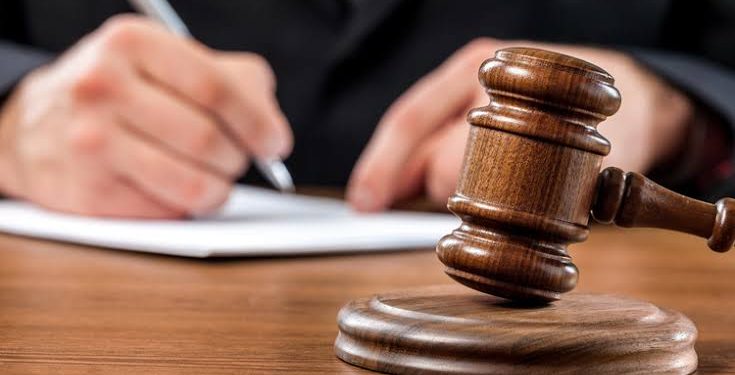By John Ikani
A group of Kenyans have filed cases against the UK Government at the European Court of Human Rights (ECHR) for alleged colonial abuses.
The Kenyans who were forced off their land by British settlers during colonial rule, say the UK’s alleged lack of engagement to seek redress has violated the European Convention on Human Rights.
“The UK Government has ducked and dived, and sadly avoided every possible avenue of redress,” said Joel Kimutai Bosek, who is representing the Kipsigis and Talai peoples of the Kenyan Rift Valley.
“We have no choice but to proceed to court for our clients so that history can be righted.”
The Kipsigis and Talai were evicted in the early 20th century from ancestral lands around Kericho, a major tea-growing region today farmed by large multinationals including Unilever, Finlay and Lipton.
Lawyers for the Kipsigis and Talai argued that the British army and colonial administrators had used rape, murder and arson to seize swathes of arable land in Kericho from its traditional owners.
The victims — more than 100,000 were signatories to the UN complaint filed in 2019 — demanded an apology, and reparations for their homeland being usurped and reallocated to white settlers, who used the fertile soil to cultivate tea.
But lawyers for the Kipsigis and Talai said the British government had refused to meet with the victims or their representatives.
They took their case to the UN, where a panel of special investigators in 2021 expressed “serious concern” at the UK’s failure to offer a public apology or acknowledge their share of responsibility for these colonial-era abuses.
A lawyer for the claimants told the BBC’s Focus on Africa radio programme that they want “compensation” in the region of $200bn (£168bn), an “apology” and to open up a new chapter of “mutual respect”.
“These atrocities started in 1902 all the way to 1962”, Joel Kimutai Bosek said. “We are talking about separating families. Some people getting lost never to be seen again. We are talking about torching of houses, we are talking about removing people from their ancestral lands,” he continued.
Representatives for the Kipsigis and Talai said the filing of the cases was a “big milestone” and “the culmination of many years of attempts to engage with the British government directly in order to amicably resolve the issues” going back as far as 2019, they say.
The lodging of the case at the ECHR does not mean that the court will definitely hear the case, but will decide on the its admissibility before making a decision.
Once the case is filed, a decision could be months or even years away.




































